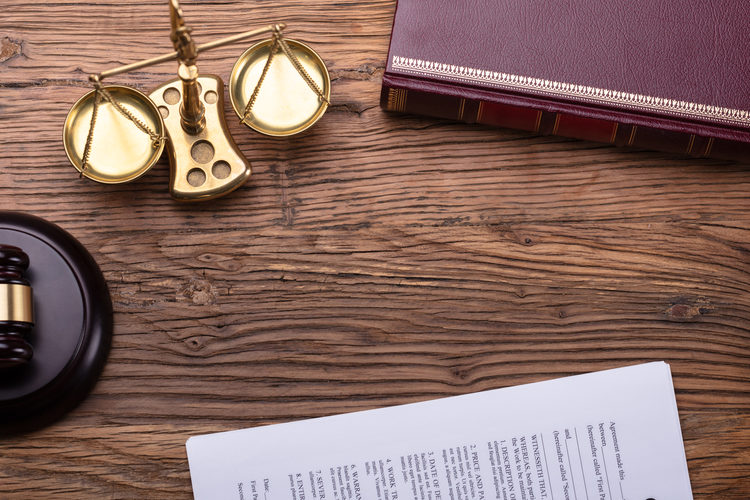November 10, 2022
Personal Injury Lawyer
Who is liable if a tenant or guest is injured in their apartment?
It seems like most people do not have a great relationship with their landlords. There is just something about the tenant having to rely on someone else to keep their home in working order that puts a strain on things. That can get even worse when the tenant or one of their guests is injured due to an unsafe condition at the apartment. Oftentimes, these sorts of injuries can prompt questions about who was responsible for the accident or whether the injured party can sue the landlord. It turns out that the answer to those questions depends upon the specifics of the injury.
What is the general rule regarding landlord liability?
As a personal injury lawyer can explain, in most states, cases show that generally, a landlord is not liable for injuries suffered by a tenant or his or her guests once he or she has turned over the property. While this may seem like a harsh rule, it is actually a natural consequence of legal policies designed to favor tenants. Once a landlord turns the land over and a tenant starts living there, the landlord loses the right to come and go on the land as he or she pleases, in order to promote the privacy of the tenant who lives there.
Consequently, a landlord cannot be there to inspect the private areas of the apartment and make sure those areas are being kept in a safe condition. If a landlord were to be held liable for such injuries, he or she would have to be constantly checking up on people’s apartments and invading their privacy. However, there are places where this rationale does not apply and landlords may still be held liable.
What about common areas of the property?
There are a variety of exceptions under which a landlord may still be held liable for injuries suffered at apartment buildings that he or she is renting out. First, landlords are liable for injuries in areas of the apartment building where they maintain control. These tend to be injuries occurring in common areas such as tripping on a loose board in a hallway or falling down a poorly lit stairwell.
Are there other exceptions?
The other common exception to the rule is when a landlord is actually aware of the danger on the premises. When this happens, the landlord may be held liable in a couple of cases. First, if he or she attempts to repair it or hires someone to repair it, and those repairs are done negligently, the landlord may be liable for tenant injuries. Second, if it is the sort of defect that the tenant would not be able to discover, the landlord may be liable for hiding the defect or failing to inform the tenant.
Contact a Personal Injury Law Firm
If you have been injured at your rental or while visiting someone, contact a Vero Beach, FL personal injury lawyer from Tuttle Larsen, P.A. Call our office today to schedule a free consultation.

